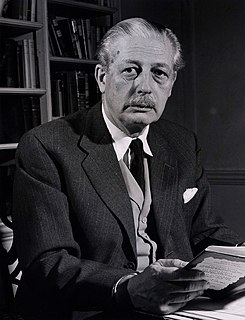A Quote by William Hazlitt
A knave thinks himself a fool, all the time he is not making a fool of some other person.
Related Quotes
Nothing more completely baffles one who is full of trick and duplicity than straigthforward and simple integrity in another. A knave would rather quarrel with a brother knave than with a fool, but he would rather avoid a quarrel with one honest man than with both. He can combat a fool by management and address, and he can conquer a knave by temptations. But the honest man is neither to be bamboozled nor bribed.
If you once forfeit the confidence of your fellow citizens, you can never regain their respect and esteem. It is true that you may fool all of the people some of the time; you can even fool some of the people all of the time; but you can't fool all of the people all of the time. -Speech at Clinton, Illinois, September 8, 1854.
The indispensability of reason does not imply that individual people are always rational or are unswayed by passion and illusion. It only means that people are capable of reason, and that a community of people who choose to perfect this faculty and to exercise it openly and fairly can collectively reason their way to sounder conclusions in the long run. As Lincoln observed, you can fool all of the people some of the time, and you can fool some of the people all of the time, but you can't fool all of the people all of the time.

































